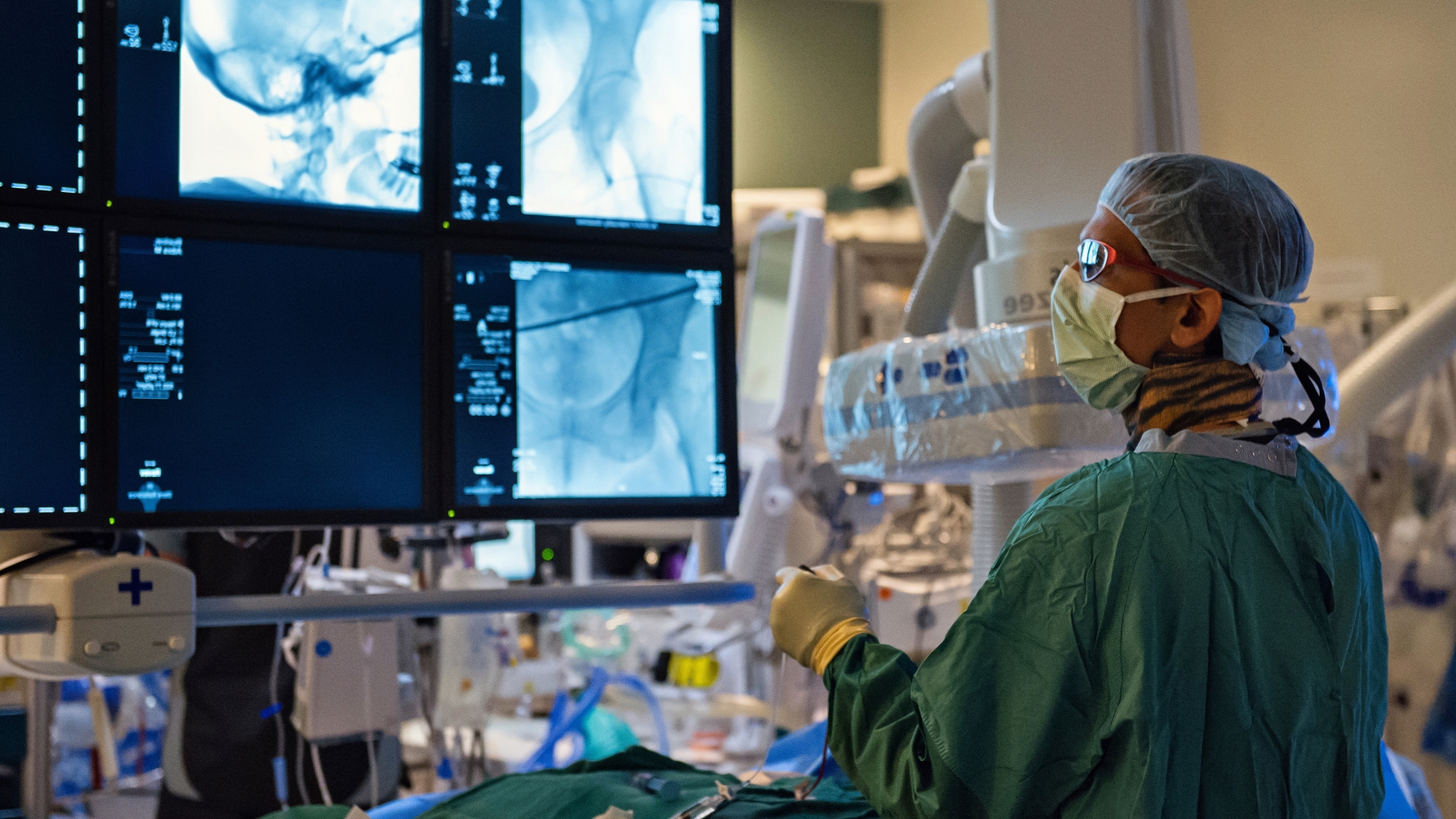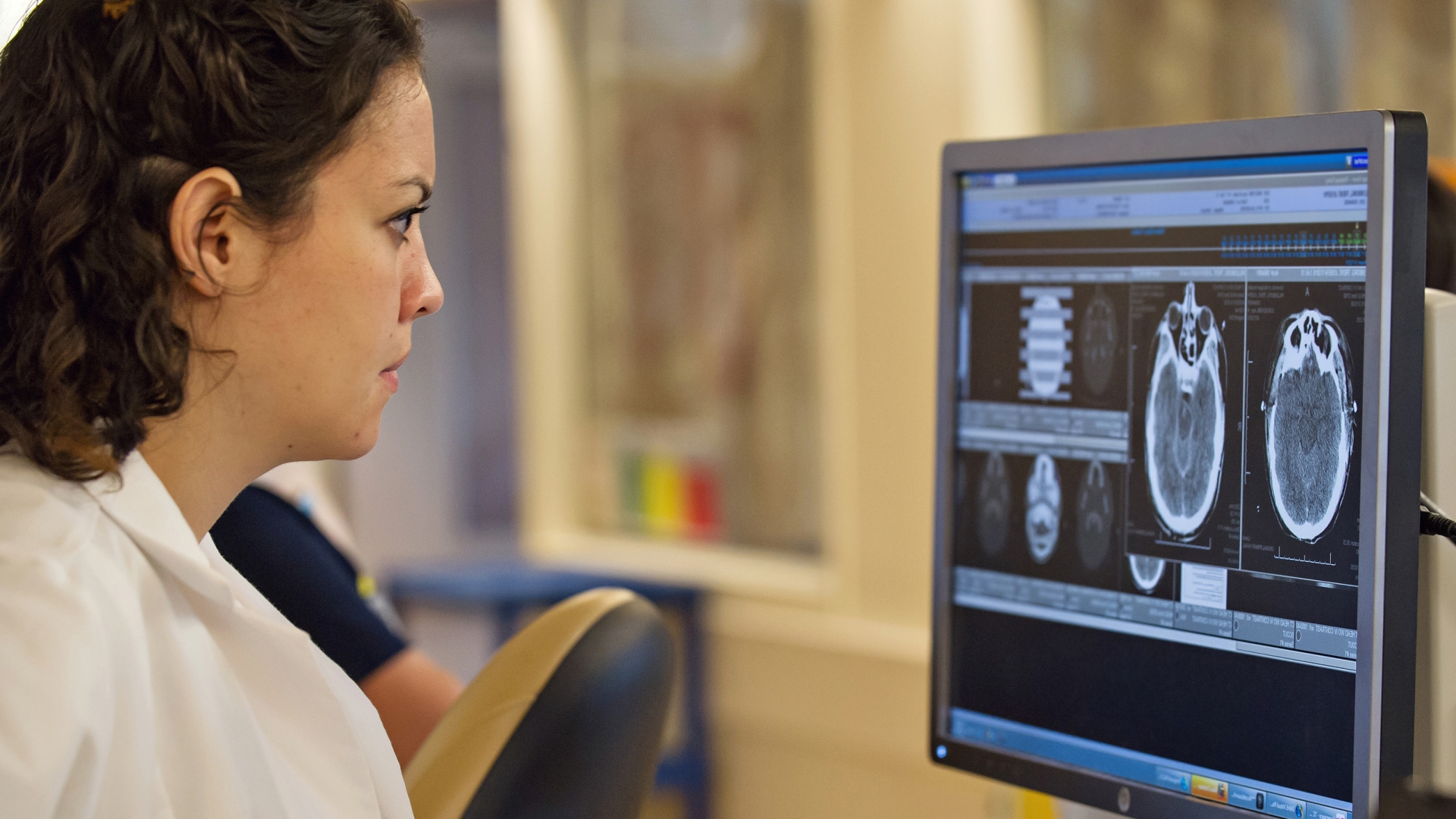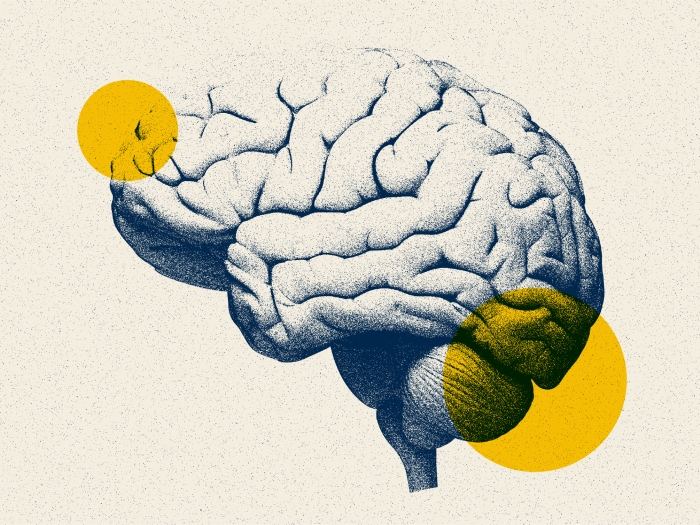Be a part of a century-long legacy. For more than 100 years, we have provided high-quality care to patients, pioneered groundbreaking research and educated the future leaders of neurosurgical practice and science.

For 100+ years, the U-M Medical School Department of Neurosurgery has provided comprehensive, careful and compassionate treatment of the entire range of neurological surgical problems. Our expansive physician group of multidisciplinary collaborators is committed to achieving the best outcomes for all of our adult and pediatric patients.

We are committed to building on our strong legacy of diversity, equity and inclusion to create a future that inspires pride across our organization and community. Current diversity-related initiatives and policies in the department include but are not limited to:
- Diversity and Inclusion Committee and Neurosurgery Resident Ombudspeople, who are selected by their resident peers
- Commitment to gender equity
- Commitment to a supportive environment for residents with children
You can support the education of the next generation of leaders in the field and impact patients with diverse conditions including Parkinson’s disease, brain tumors and scoliosis.

Our Department of Neurosurgery aims to deliver the absolute best Neurosurgical care while innovating and pursuing science to create a better tomorrow for our patients and learners. Our innovations are moving towards using artificial intelligence (AI) to diagnose brain tumors and spinal disease as well as developing incisionless brain surgery and creating a future of stem cell therapy for brain tumors and cognitive disorders. This website highlights our talented people and their transformational work.






